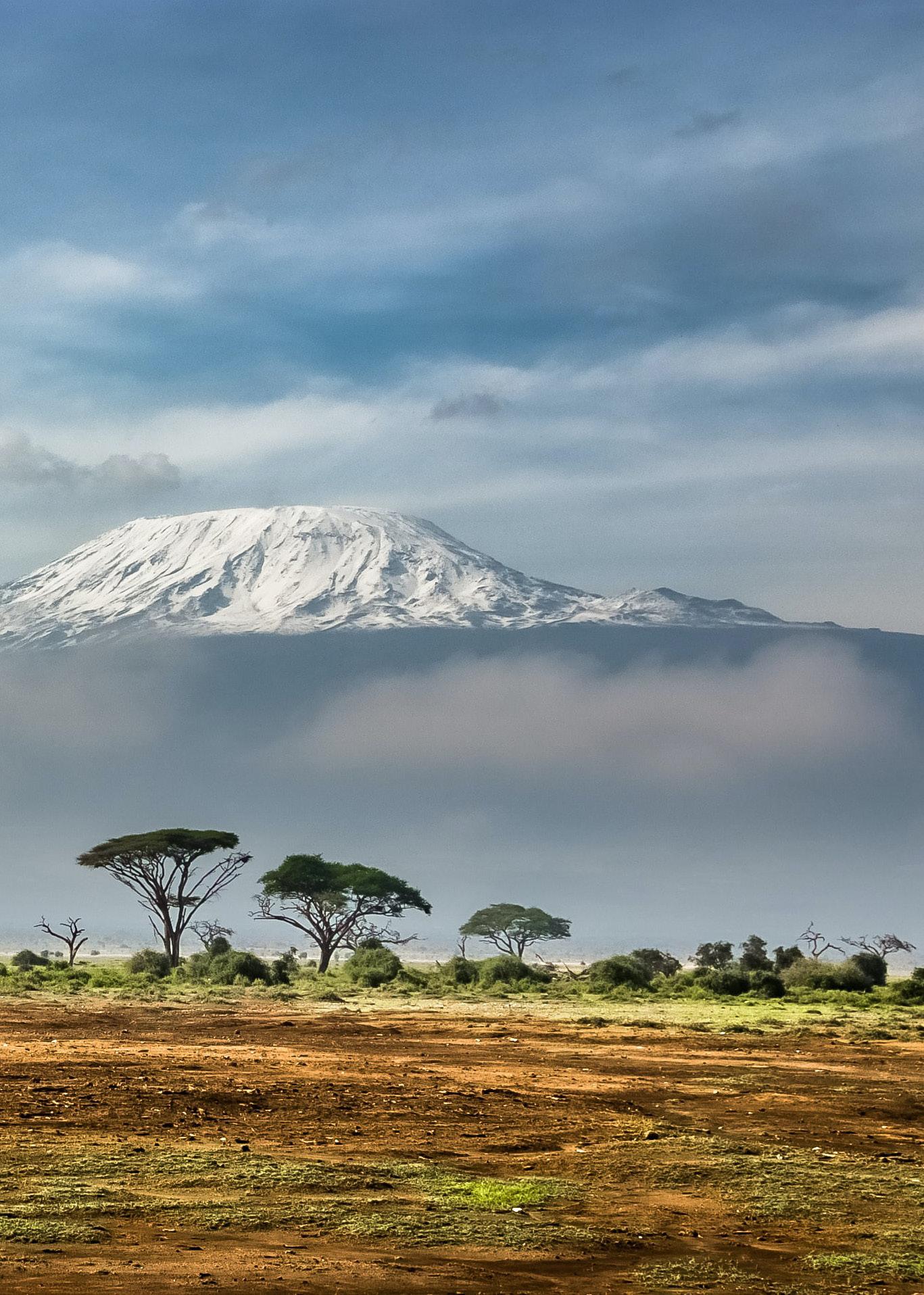
2 minute read
Wangari Maathai
Learn More:
The Green Belt movement: greenbeltmovement.org
Advertisement

Can planting one tree really make a difference? It can, if you let it grow into a movement to preserve nature, protect forests and livelihoods of rural communities. If you plant more and more trees in the backyard of an authoritarian government, to bring about change for nature, for the women, for the people.
All this and so much more is the story of Wangari Maathai. Born in the Highlands of Kenya, still under colonial occupation, influenced by her upbringing between two worlds, the rituals and belief of the Kikuyu people as well as the beliefs of the catholic nuns at her school, she went on to study Biology in the US and to become the first woman to hold a PhD at the university of Nairobi as well as to be the first woman to chair a department there.
She was assistant minister of the environment of her country and became the first Kenyan woman to receive a Nobel prize of peace.
But her true legacy, besides all the prizes and titles, are the preserved forests of Kenya and the inspiration of a whole generation of activists. Her core conviction was the connection of wellbeing of the nature and the wellbeing of human communities. Forests around springs and water sources protect the soil from eroding and the water from drying up. Consequently the communities living in that area have safe access to water. The forests are, as well a vital component of the livelihood of rural communities, providing them with firewood, food sources and, as mentioned, water. Much of the labour surrounding water and firewood is done by women in these communites. Therefore it was a logical step for Wangari Maathai to connect these issues. To protect the trees meant protecting the livelihhod of these women. To campaign for womens rights meant to protect their environment. Coming back from her studies in the US, she was shocked by the degradation and deforestation that had taken place in her homeland. In 1977 she founded the Green Belt Movement, which has since flourished into a big movement active in 13 African countries, planting trees and improving the livelihood of the people.
One early action was a protest against the development of a business centre at a central forest and park in Nairobi. As a symbol of defiance they marched to the park with thousands of trees and occupied the park. She also raised the issue with international media and created a lot of attention and consequently, pressure. Soon investors started to drop out. The park was maintained and is providing space to trees, animals and humans alike. This action however brought her the ire of then Kenyan strongman Daniel Arap Moi. Police brutally beat the protesting women and Wangari was imprisoned for some time. Yet she and her movement persisted and the authoritarian government got voted out and Wangari Maathai was made a part of the newly formed government as assitant minister of environment.

In the course of her lifetime over 30 million trees were planted in Kenya alone - earning her the nickname Mama Miti - mother of trees in Kisuaheli.
In 2011 she passed away from cancer but her green legacy remains.
Mathis Gilsbach









